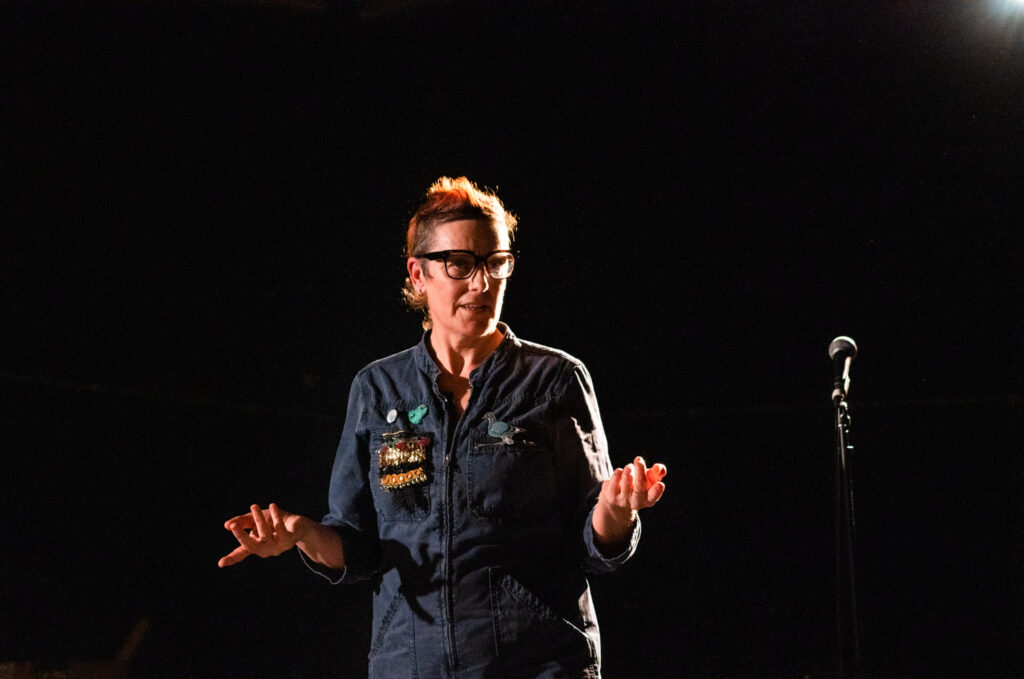Geraint Talfan Davies reviews David Marquand’s account of the missing debate on the future of Europe
Europe has had rather too many inglorious moments in the recent past – indecision on the Balkans, division on Iraq, prevarication on the Euro – and few will bet that European leaders will snatch victory from the jaws of defeat when they meet at the end of this month to search once again for economic salvation. In a new book David Marquand argues that they are paying the price of decades of avoidance of fundamental issues, issues where Europe’s past and future meet.
David Marquand is one of the most astute historians of our recent politics. His history of twentieth century British politics, Britain since 1918, published three years ago and sub-titled The strange career of British democracy was a refreshing analysis that got away from the clichéd categorisation of our politics as ‘left’ or ‘right’. His monograph, Decline of the public, was a chilling reminder of the way in which a combination of the market and party politics have eroded that public space between the two that is so essential for a living, engaged democracy.
Now in The End of the West: The once and future Europe, he has turned his attention to a cause that he has served both in British politics – as an MP and commentator – and beyond, as an official in the European Commission. In intensely readable and pacey prose, he does not hide or resile from his pro-Europe convictions, but rather believes that the only way to champion Europe is to face it with very difficult questions that it has so far preferred to avoid.
These questions arise from the rebirth of ethnic communities below the level of the nation state, the rise of xenophobic populism, and the democratic deficit in Europe’s governance. Philosophic debate about the nature of Europe also poses questions about the proper limits of its expanding boundaries.
He applauds the ‘astonishing success’ of the unique European experiment in supranational government – ‘the longest period of peace and prosperity in post-Roman European history’, old enemies learning to live together, an economy second only to the United States, the spread of guaranteed human rights and the rule of law, the abolition of the death penalty in all member states, the adoption (albeit with considerable variations) of a European social model, the enlargement of Europe to embrace the formerly Communist countries of Eastern Europe.
And, again, in a more easily visible form: French football players playing for British teams (and he might have added Welsh rugby players playing for French teams), the Financial Times becoming a continental as well as British newspaper, European lorries thundering across borders, the ‘Bologna process’ making European university qualifications interchangeable, and 1.2 million students having participated in the Erasmus programme for student exchanges.
But for all this, he sees Europe as a ‘hobbled giant’, increasingly paralysed by ‘a fatal disconnect dividing the peoples of Europe from the European elites’ and ill-equipped to face up to new challenges. He asks:
“Can [Europe] overcome its internal contradictions – between European elites and their people, between democratic promise and technocratic reality? Can it develop institutions with the legitimacy, will and capacity to enable it to join the United States, China and India as a global power? Or is it doomed to remain an economic giant and a political pygmy – rich, fat, vulnerable and increasingly irrelevant to the new world that is taking shape beyond its frontiers?”
Next week EU governments – whether 17, 26 or 27 of them is not clear – will grapple with some of these questions in a bid to save the Eurozone. Marquand’s contention is that Europe is facing these questions in an atmosphere of acute crisis because of the technocratic way in which the European Union has evolved – an avowedly political union, according to its founders, but one where ‘integration would be a cumulative process spreading, like an inkblot, from one policy area to the next’, and obviating the need to ‘debate the nature of the final step or to chart the likely course of its arrival’. The Community’s politics, he says, were ‘ostentatiously undramatic’, ‘its processes opaque and, for most Europeans, mind-numbingly tedious……the politics of the conference table and the couloir, not of the debating chamber or the election meeting’.
“The vision they embodied was of Europe as a vast shopping mall, dedicated to an ideal of bourgeois contentment and ever-advancing prosperity. It was a vision for the boom of the 1990s and 2000s. Whether it will suffice for the bust is not so clear.”
European leaders will find their talks in the coming weeks terribly uncomfortable not only because of the hardship that a group commitment to yet more austerity will impose on their own peoples, but also because they have neglected to take their electorates with them and to build a sense of European solidarity, leaving European institutions with deficits in legitimacy just as large as the financial deficits of most member states. This is why Marquand sees monetary union as ‘the last stop on the old road, not the first step on the new one’.
This, he says, is the revenge of politics on the narrowly economic focus of the EU’s development.
“Its institutions cannot mobilise consent because they are not rooted in consent; because they can’t mobilise consent they can’t lead the union into the high-political sphere and overcome the threat of global irrelevance.”
Some of these criticisms could have been, and have been voiced by Euro-sceptics, but he comes to a very different conclusion. He argues that if Europe is to retain a global relevance in tackling the daunting agenda of “climate change, energy shortages, the desperate poverty of the world’s ‘bottom billion’, international terrorism and, above all, the waning of the west” it will need a leap of imagination comparable to that of the founding fathers of the United States 220 years ago, in order to get out of ‘the no man’s land between confederalism and federalism’, the ‘stultifying compromise’ in which it is currently trapped.
He does not flinch from federalism – although the light-touch federalism of Switzerland is more to his taste than that of Germany – but he anticipates the charge of utopian idealism, as well as specific objections. To the charge that Europe is too diverse for federalism, that you cannot create a European democracy in the absence of a deeper sense of European citizenship – a European demos – he cites the USA and India as countries where ‘the demos was made by democracy, not democracy by the demos’. That said, he believes the first job should be the encouragement of a European public realm through direct elections to the European presidency and through union-wide referenda on the admission of new members.
He dismisses, perhaps rather too easily, the fear of ‘a superstate crashing through the walls of nationhood’, arguing that federalism is of its essence decentralist. That is true in a formal sense, but it has not stopped federal governments in the USA and Germany from gradually accruing greater powers. But like his fellow historian, Norman Davies – whose recent book Vanished Kingdoms: The history of half-forgotten Europe, is a magnificent and compendious reminder of the transient nature of states and empires – Marquand is not a believer in the immutability of the present nation states, or in their present efficacy. (Is it an accident that both Marquand and Davies have connections with Wales, indeed the dedication in Davies’s book is in Welsh – I’r Anghofiedig.)
Faced with pressure from the rebirth of older identities from below and Europeanisation and globalisation from above, he says
“The humbled, weakened, pressured and often bewildered European states of the twenty-first century have become more, not less, anxious to cling to the prerogatives that remain to them….They are, in short, in denial; and as people in denial often do, they become tense, rigid, deceitful, and irrationally defensive.”
This book will prompt much debate, but that is Marquand’s point: that what has been lacking is a debate, but not a debate on Europe framed by the zero-sum mentality of defensive nation-states, but rather a wider and deeper European conversation about Europe’s meaning, mission and purpose and the means to fulfil them. His is a broad and tolerant vision of a European republic that even he admits may still be some way off. Let us hope that such a debate does not have to take place only in the wake of another catastrophe.





